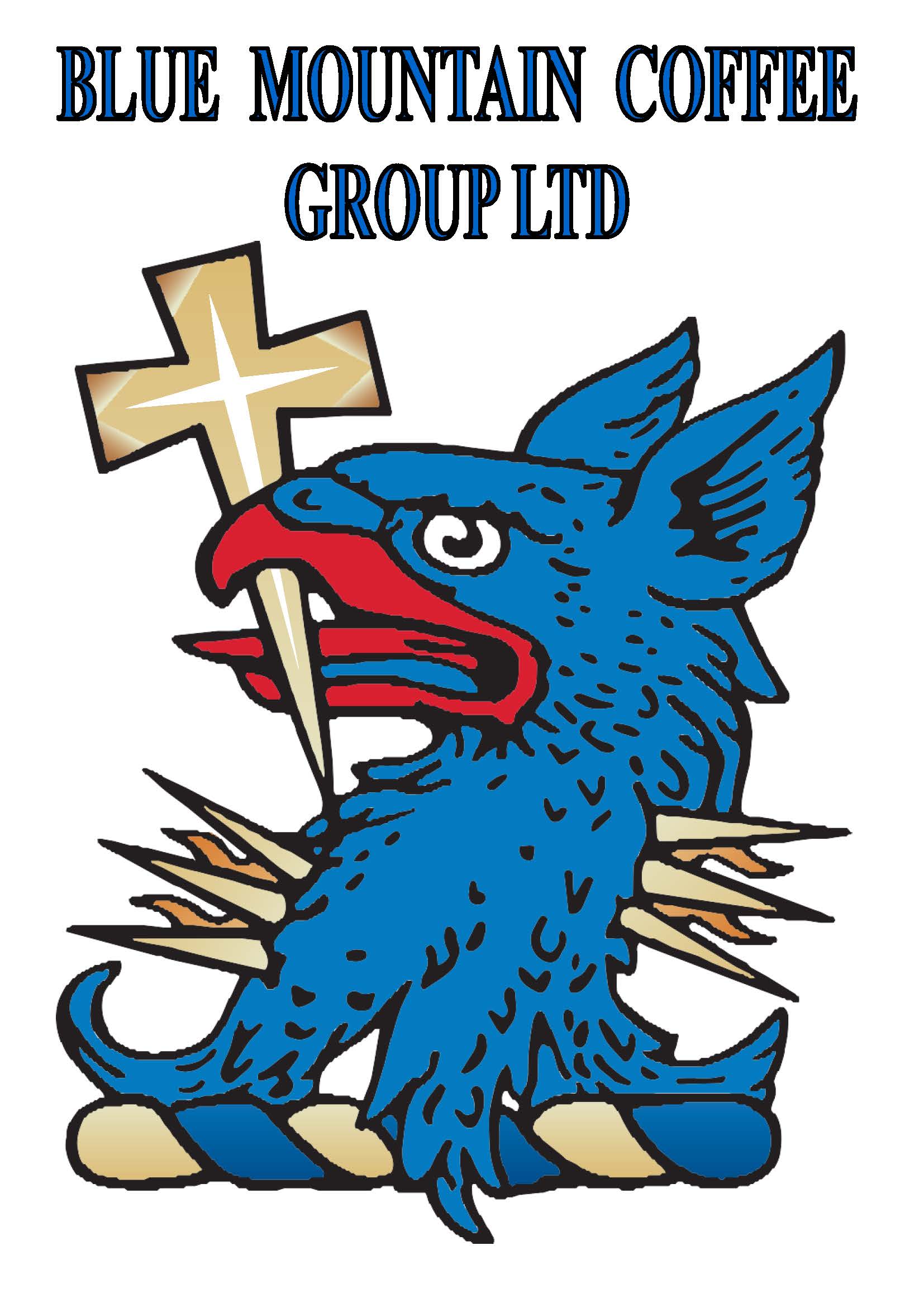Home / Welcome / History / Location / Specifications / Ethics / Contact Us
Ethics
The coffee is currently not certified under any form of "Fair Trade" label but two estates, including our Clifton Mount Estate which is the only such certified coffee going to Europe, have secured Rainforest Alliance certification.
However, in the case of the independent farmers and smallholders, where the workforce is almost entirely family and neighbour based, the licensed estates & processors operate a pricing regime combined with a pre-funding and balancing payment mechanism which categorically favours the smallholder farmer. This operation has anticipated much which has subsequently become fashionable elsewhere. The processors, supported in part by JACRA, supply thorough extension services and support to the farmers covering fertilisers, etc. and, when and where necessary, spraying.
JACRA has operated an insurance scheme to assist farmers in time of hurricanes and other catastrophes.
In the case of the larger farms which sell to the processors & the independently licensed estates, the workers are paid and employed under conditions regulated by strict Jamaican labour legislation.
In this regard, wage and benefit levels are significantly higher than the regional norms. The workers tend to come from neighbouring communities and, in most cases, accommodation, recreation, educational, shaded, sanitary & medical facilities are near to hand.
Few of the farms are isolated in this regard and have a reasonable and accessible infrastructure. The workers at the processing, sorting and warehousing facilities are provided with similarly well-adjusted wages and conditions as well as training.
The coffee is grown under naturally shaded and fauna-friendly conditions on vertiginous slopes. As the coffee is wet-processed, all the waste water resulting from the coffee processing is fully treated and purified before being released into the environment. Composting and waste mucilage recycling are becoming the norm.
Although Jamaican coffee is not in the main certified as organic, nevertheless, a very discretionary and circumspect use of fertilisers, pesticides and fungicides is the rule. However, because of the high contingent value of the crop, JACRA and the individual farmers could not undertake never to employ these agents.
Soil erosion management practices are energetically pursued. All coffees can easily be traced back to the processor & estate and a Certificate of Origin is issued with each batch. However, only in the case of the estates, which are licensed to export, can the coffee be traced back to a relatively few hectares of land.
Nonetheless, it should be remembered that the total area of production is only around 6,000 hectares, the size of a large Brazilian fazenda. With a yield in a prolific year of around 1,000 metric tons of green beans - this consideration alone guarantees traceability.
JACRA (formerly the Coffee Industry Board) has, over the past several years, conducted a worldwide campaign to ensure that the name Jamaica Blue Mountain is neither abused nor misrepresented. It has registered the JBM name, together with variations of the name and associated names, in most countries. It has issued directions and guidelines on packaging labelling concerning the use of the JBM name, full details such as addresses, description, coffee preparation directions, expiry date and batch number, etc. The estates & processors have or are doing the same in order to protect their names.



